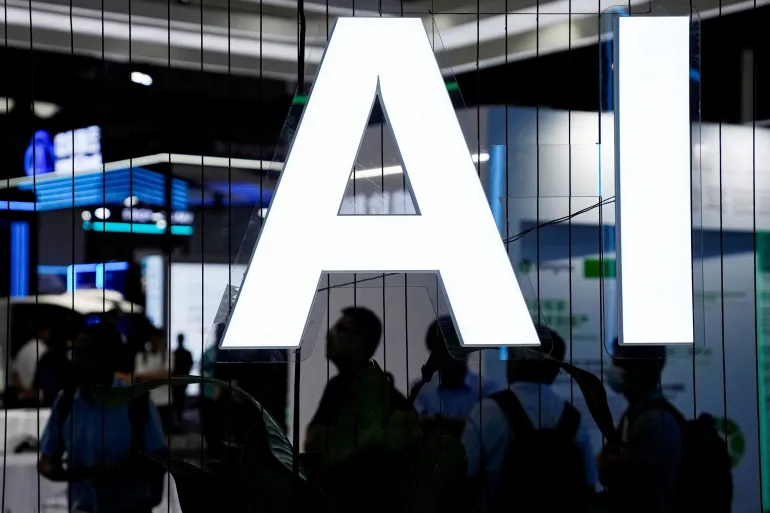
The global competition for supremacy in Artificial Intelligence (AI) is altering the geo-political environment besides raising some ethical issues. As countries compete for dominance in AI development, they are not just seeking economic and military benefits, but also wrestling with the ethical implications of AI advances. This race has ushered in a new era of geopolitical competition and collaboration, with important consequences for global governance and ethics.
One of the most significant ramifications of the global AI competition is its impact on geo-politics. Countries who take the lead in AI development are likely to gain considerable benefits in a variety of areas, including military strength, economic competitiveness, and technical innovation. For example, China’s ambitious AI policy intends to make the country a world leader in AI by 2030, causing anxiety among other countries about China’s possible domination in future technologies and industries.
China’s use of AI for surveillance and social control exhibits the ethical quandaries linked with AI research. The Chinese Government has installed AI-powered surveillance technologies, including facial recognition technology, to track its citizens’ actions. While these technologies may improve public safety, concurrently those pose serious questions about privacy, freedom of expression, and Government’s overreach.
Another implication of the AI race is that AI can worsen existing imbalances. Countries and businesses having access to powerful AI technologies may earn huge economic benefits, thereby expanding the divide between technical haves and have-nots.
The application of AI in hiring procedures underlines the ethical issues around algorithmic prejudice. AI algorithms employed in recruitment processes, may unintentionally bias against specific groups based on race or gender. This raises concerns regarding fairness, accountability, and transparency in AI systems.
The global AI race also raises concerns about the militarization of AI and the possibility of autonomous weapons systems making life-or-death decisions without human intervention. The development of such weapons has the potential to escalate wars, while also raising deep ethical problems about the nature of warfare and the role of humans in process. The use of AI in military drones highlights the possibility for autonomous weaponry in conflict. While AI-powered drones can improve military capabilities, they also raise ethical questions regarding the use of autonomous weapons and the need for international norms to control their deployment.
As AI continues to evolve, there is an increasing demand for international collaboration and knowledge sharing. The global AI race has prompted countries to form partnerships and alliances to pool their resources and expertise. For example, the Global Partnership on AI (GPAI) unites Governments, industry leaders, and experts to encourage responsible AI development and address common concerns. Such projects seek to promote international cooperation in order to ensure that AI technologies are created and deployed in a way that benefits all of the humankind.

Another critical component of the global AI race is the emphasis on AI education and workforce development. Countries are investing in programs that will prepare the next generation of AI researchers, engineers, and policymakers. By equipping people with the skills and knowledge needed to navigate the complexities of AI, these programs are preparing societies for a future where AI plays a central role in everyday life.
Also Read: Israel’s AI Warfare
In addition to geo-political and ethical concerns, the global competition for AI supremacy is propelling tremendous advances in research and development. Countries and businesses are investing extensively in AI technologies, resulting in advancements in fields such as healthcare, transportation, and finance. For example, AI is being utilized to create more accurate diagnostic tools in healthcare, resulting in better patient outcomes and lower expenses.
Furthermore, the global AI race drives innovation in governance and legal frameworks. As AI technologies become more prominent in society, there is an increasing need for legislation to ensure their proper use. Countries are considering novel methods to AI governance, such as establishing ethical committees and developing AI-specific rules. These initiatives are intended to ensure that AI technologies are created and implemented in a way that is transparent, accountable, and consistent with human values.
To summarize, the global competition for AI domination has far-reaching consequences for geo-politics and ethics. While AI technologies have enormous potential to improve human lives, they also raise serious ethical concerns that which needs to be addressed. It is critical for Governments, businesses, and civil society to collaborate to guarantee that AI is created and deployed responsibly, ethically, and in ways that benefit all of humankind.
The opinions shared in this article reflect the author’s personal views and do not necessarily align with the institution’s official stance.

















Leave a Reply